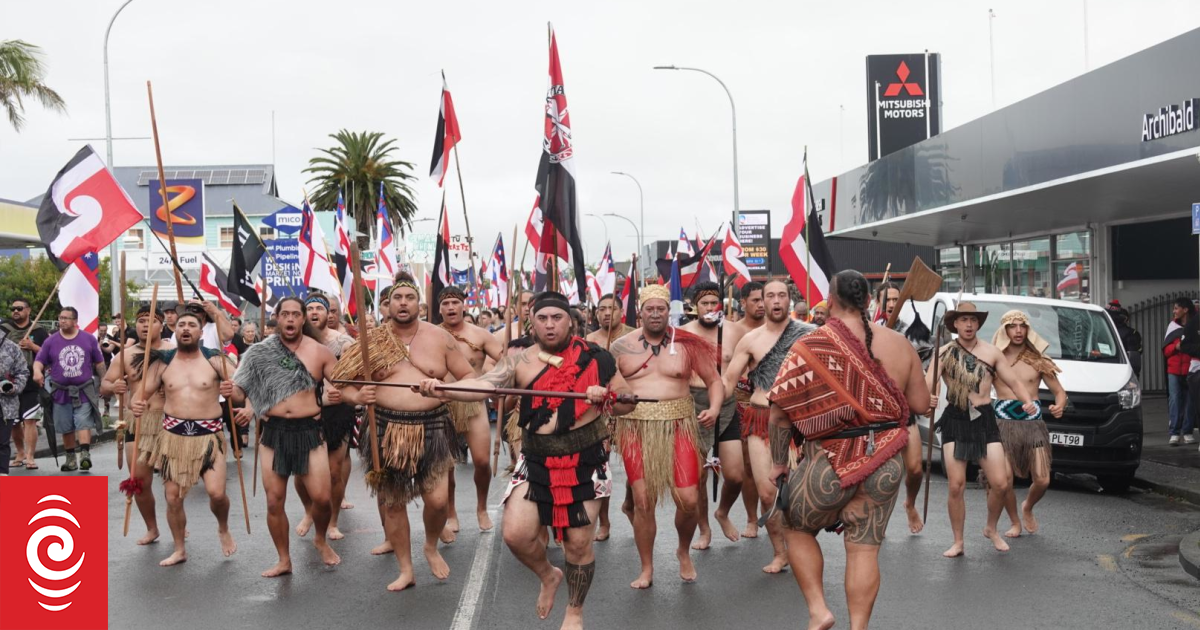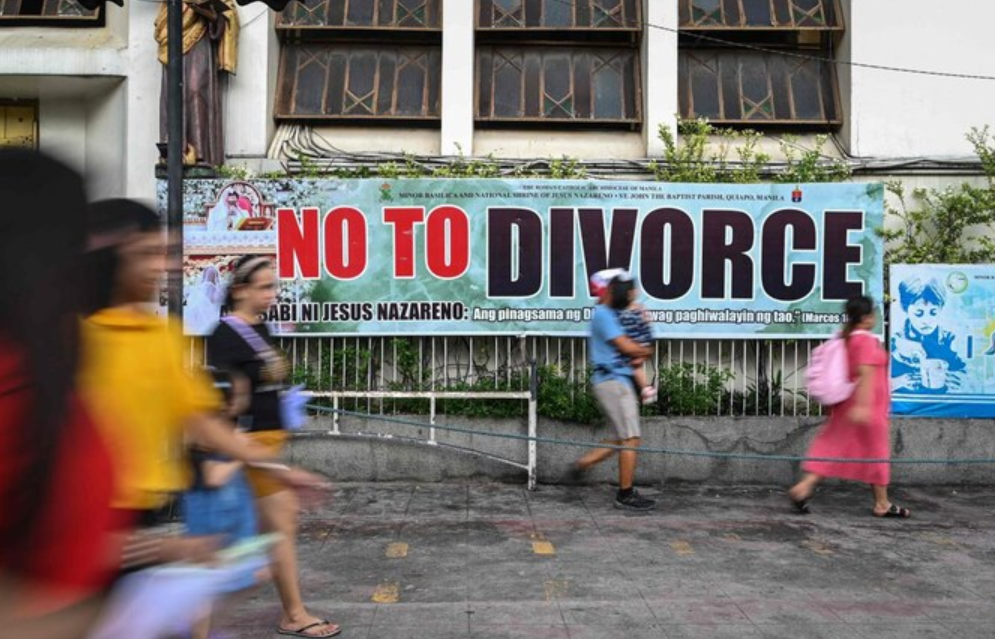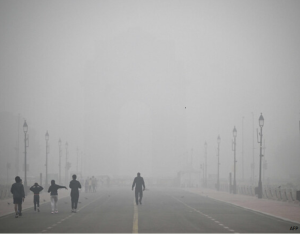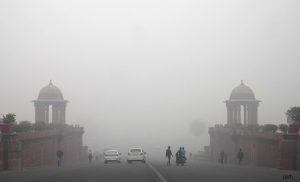Hundreds Begin Nine-Day March in New Zealand Protesting Treaty Legislation
On Monday, hundreds of people began a nine-day march to Wellington, New Zealand’s capital, protesting proposed legislation that would reinterpret the Treaty of Waitangi, a foundational document in the country’s race relations. The protest, or “hikoi,” commenced with a dawn ceremony at Cape Reinga in the far north and will continue with rallies in towns and cities along the way.
Organized by the group Toitu Te Tiriti (Honour the Treaty), spokesperson Eru Kapa Kingi hopes the march will ignite a broader conversation about New Zealand’s relationship with the Māori people and raise awareness about the impact of colonization on Indigenous communities.
The Treaty of Waitangi, signed in 1840 by the British Crown and Māori chiefs, serves as the basis for governing relations between Māori and non-Māori. A new bill, introduced by New Zealand’s center-right government, proposes a narrower interpretation of the Treaty, reversing some gains made through decades of legal interpretations that expanded Māori rights.
Associate Justice Minister David Seymour’s ACT New Zealand party, which won 8.6% of the vote last year, argues that policies favoring Māori disadvantage non-Indigenous citizens. While the bill is likely to fail in parliament, its introduction has stirred racial tensions in the country, where Māori make up 20% of the population.
The protest is expected to grow as it moves south, with organizers predicting tens of thousands will join by the time it reaches Wellington next Tuesday, including a major rally in Auckland on Wednesday.














Post Comment